Letter of Recommendation for Colleague Template
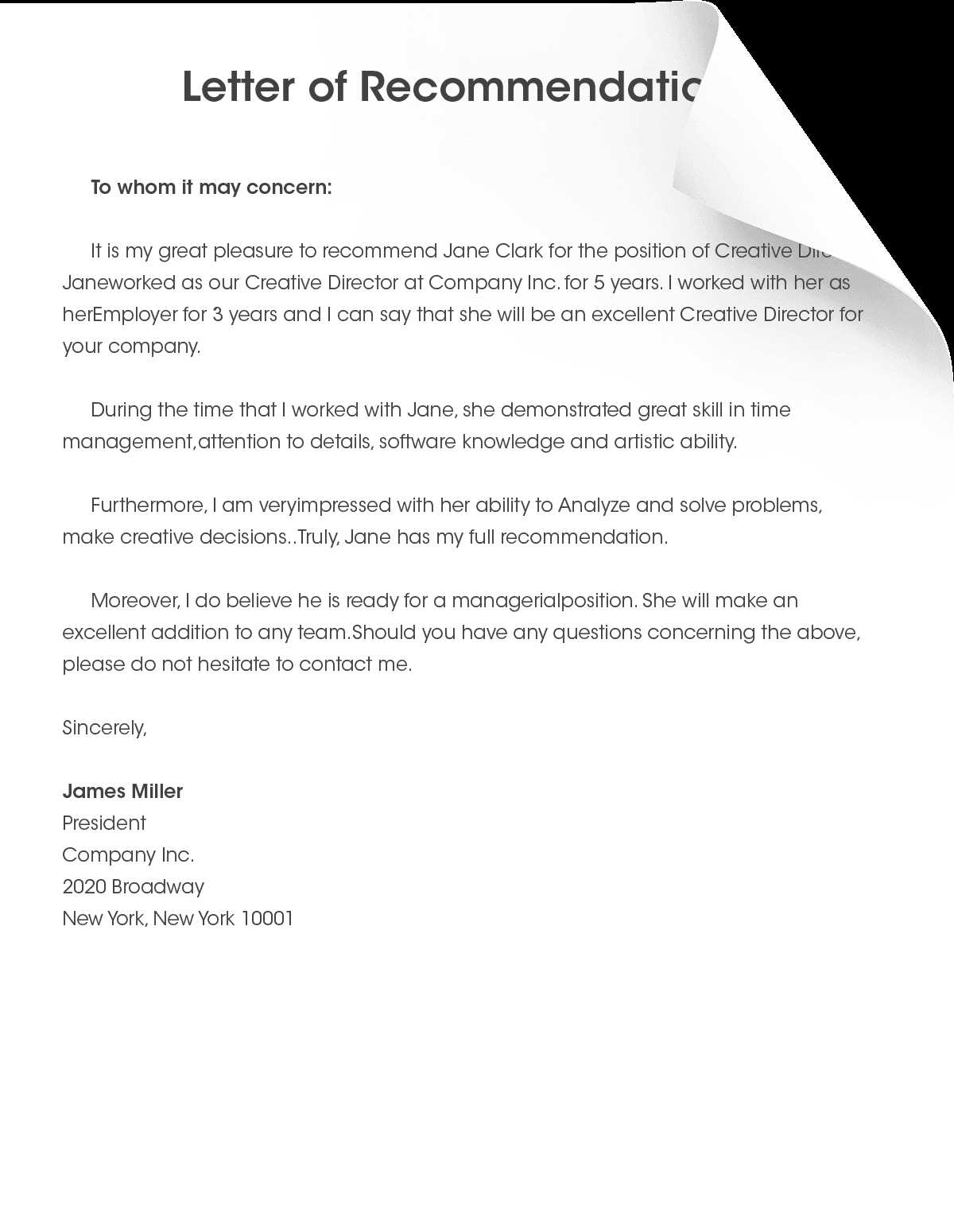
Providing a well-written reference for a professional acquaintance can make a significant difference in their career. A strong endorsement speaks volumes about their abilities, character, and potential. Crafting such a document requires careful consideration of their skills, accomplishments, and the specific context in which they excel. This guide will help you understand the key elements of writing an effective recommendation.
Essential Elements to Include
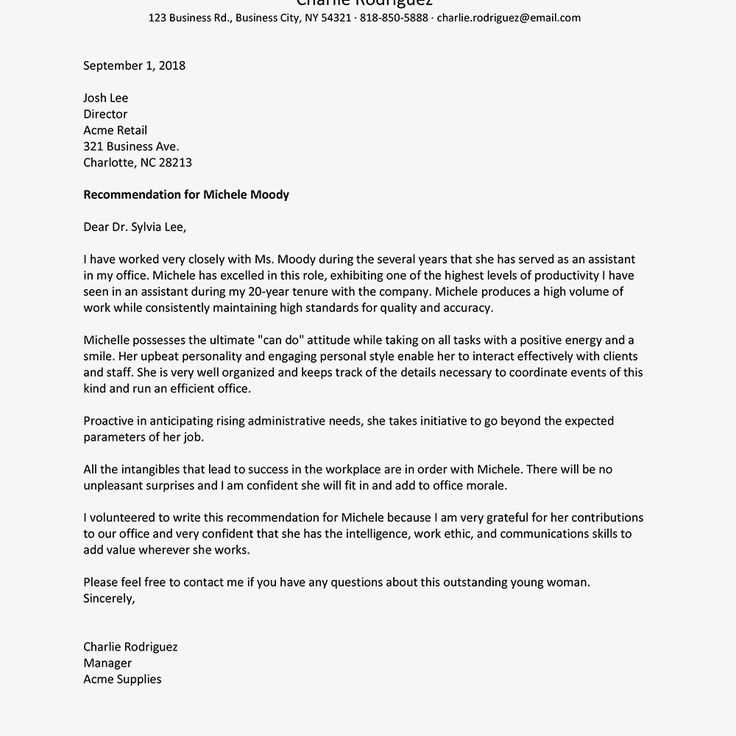
When writing a recommendation, focus on several key areas that highlight the individual’s strengths and work ethic. Below are the most important aspects to cover:
- Professional relationship: Explain how you know the person and your capacity in working together.
- Key skills and qualities: Detail their core strengths, including both hard and soft skills.
- Achievements: Mention any notable accomplishments that demonstrate their value in the workplace.
- Why they stand out: Highlight what sets them apart from other professionals in the same field.
Structure and Format
A clear and concise format is essential for readability. A typical recommendation letter follows a simple structure:
- Introduction: State your relationship with the individual and your position.
- Body: Elaborate on their skills, accomplishments, and character.
- Conclusion: Offer a final endorsement and encourage the recipient to contact you for further details.
Helpful Writing Tips
To make your endorsement truly impactful, consider these tips:
- Be specific: Use examples to illustrate their accomplishments and skills.
- Stay professional: Maintain a formal tone and avoid overly personal anecdotes.
- Keep it concise: Aim for clarity and brevity, sticking to the most relevant details.
Avoid Common Pitfalls
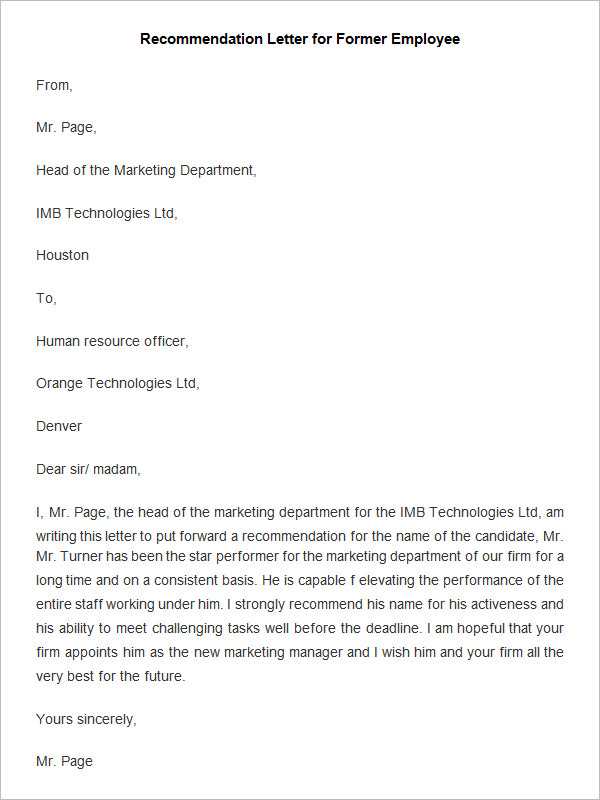
There are several mistakes to watch out for when writing a reference. Avoid the following:
- Overly generic statements: Vague or broad descriptions fail to convince the reader of the individual’s qualifications.
- Exaggerations: Stick to facts and avoid overstating the person’s abilities or accomplishments.
- Inappropriate tone: Ensure the language used is professional and appropriate for the context.
Understanding the Importance of Professional References
When it comes to supporting a colleague’s career advancement, writing an endorsement can be a powerful tool. A well-crafted reference serves as an official validation of someone’s professional skills, work ethic, and overall contributions to the workplace. It is an opportunity to present them in the best possible light and to highlight their suitability for a new role or opportunity.
Key Elements of a Strong Reference
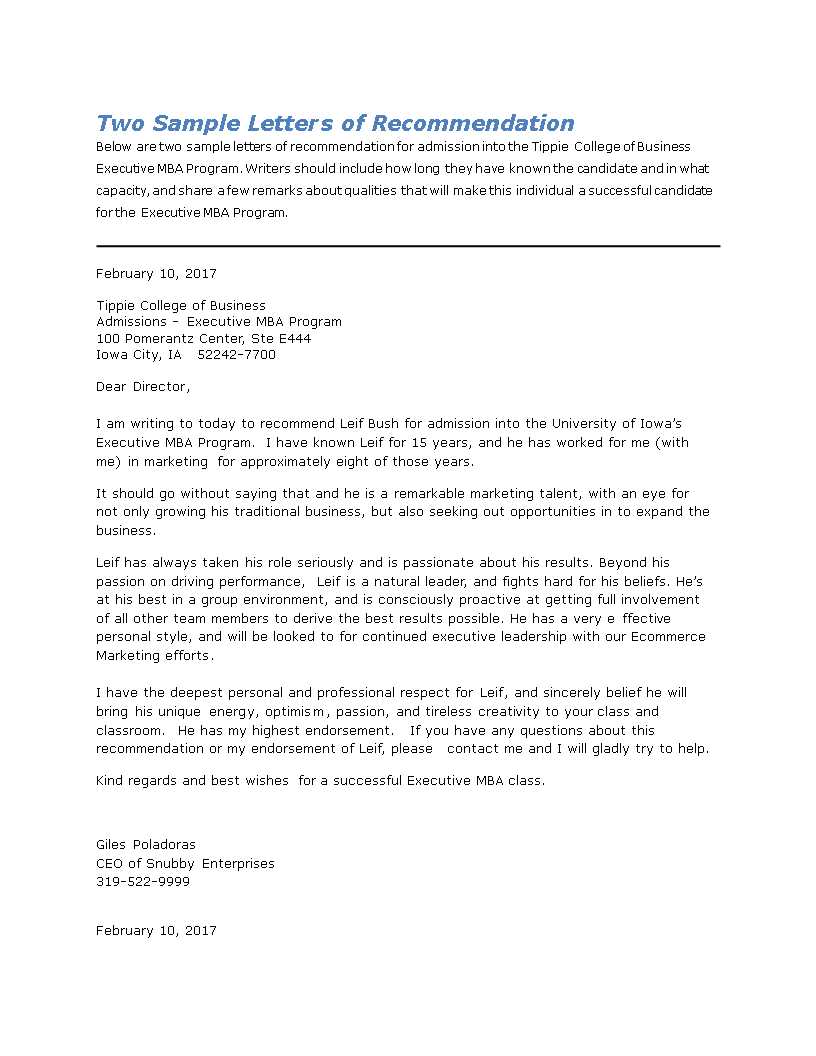
A successful recommendation emphasizes essential attributes such as the person’s expertise, accomplishments, and personal traits. Highlighting these core qualities will help the reader understand why the individual is an excellent candidate for the opportunity at hand. Key elements to include are:
- Professional skills: Focus on specific abilities relevant to the position or role.
- Work ethic: Mention how the individual approaches tasks, handles responsibilities, and meets deadlines.
- Character: Include personal qualities such as integrity, leadership, and interpersonal skills.
How to Structure Your Reference
When organizing your endorsement, clarity is crucial. A well-structured reference ensures that the information flows logically and is easy to read. Start by introducing the individual and your professional relationship, followed by details of their strengths and achievements, and conclude with a strong endorsement. This approach ensures a comprehensive yet concise overview of their qualifications.
Remember to tailor the letter to the specific role or opportunity the person is applying for, ensuring it is both relevant and impactful.
Tips for Writing a Personal and Compelling Endorsement
To make your endorsement stand out, it is important to balance professionalism with a personal touch. Here are some tips to keep in mind:
- Provide examples: Illustrate your points with specific instances that showcase their skills and achievements.
- Be genuine: Authenticity is key in making the endorsement meaningful and persuasive.
- Maintain a positive tone: Focus on the individual’s strengths and avoid any negative remarks.
Common Mistakes to Avoid
While writing an endorsement, there are a few pitfalls to watch out for. Avoid the following:
- Overgeneralizing: Stay clear of vague phrases like “great team player” without supporting evidence.
- Being too brief: A detailed and thoughtful recommendation carries more weight than a short and generic one.
- Exaggerating abilities: Be truthful and precise–don’t overstate achievements or qualifications.
When and How to Submit Your Reference
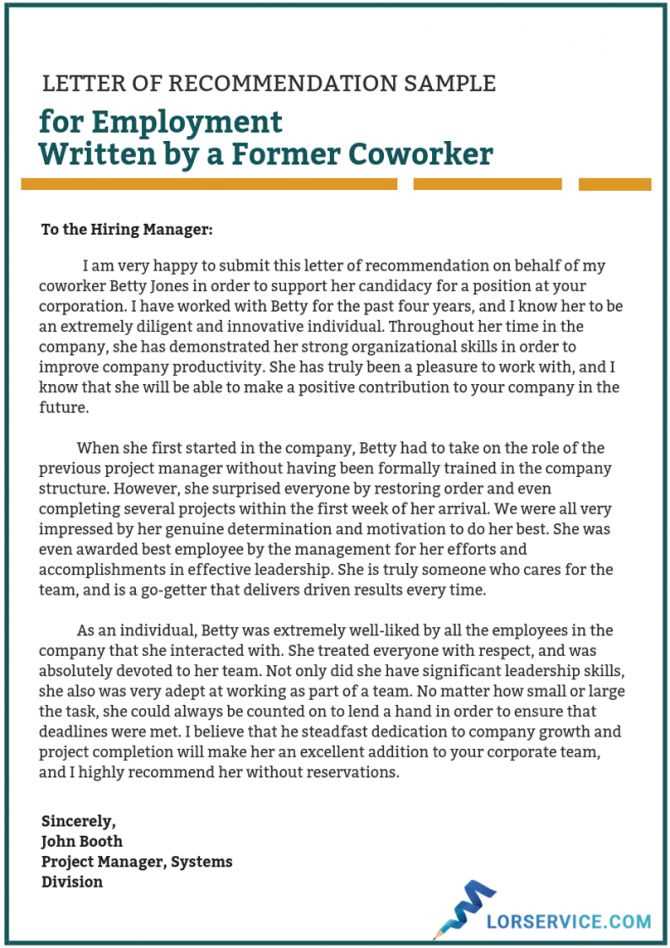
Once your recommendation is ready, submitting it at the right time is crucial. Make sure to check the submission guidelines provided by the requester or organization. Whether it’s through email, a professional platform, or as part of an application, ensure that your endorsement is delivered promptly and professionally to maximize its impact.